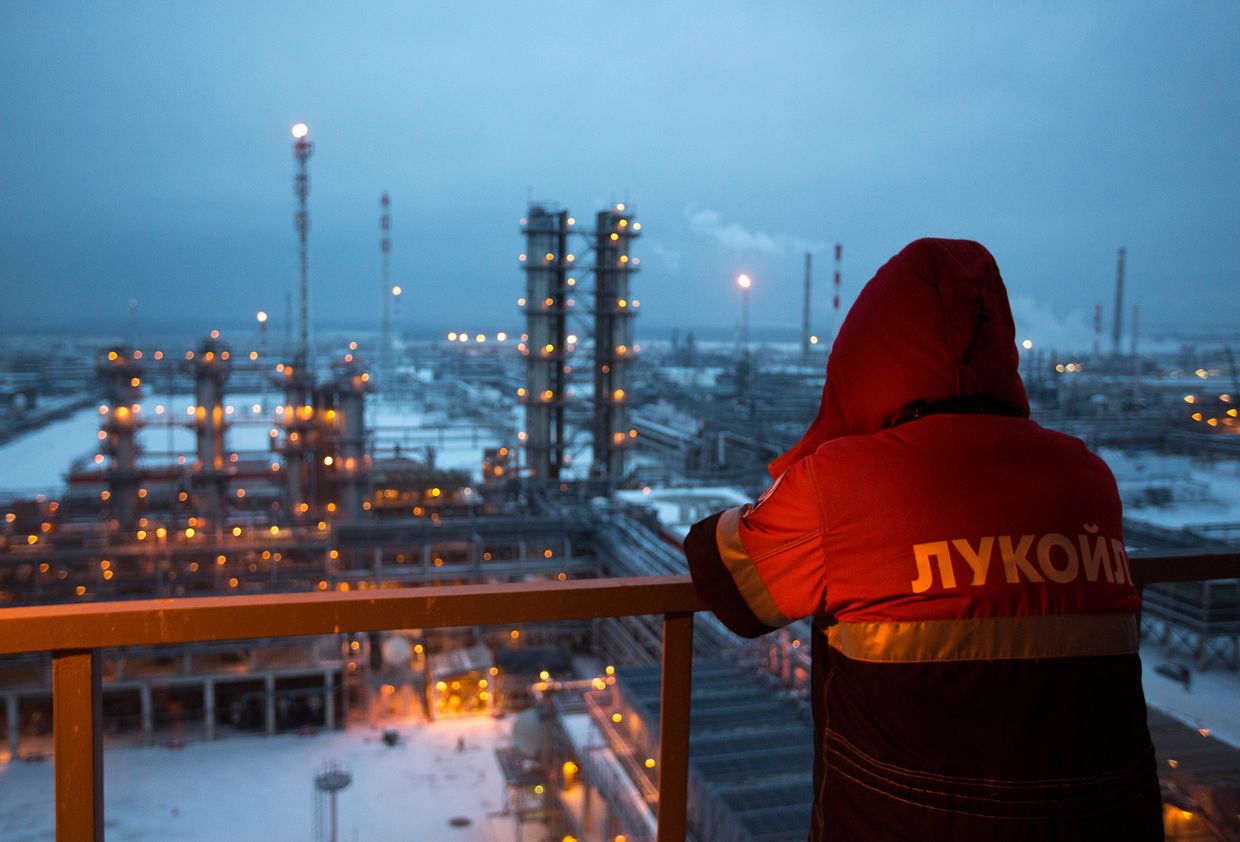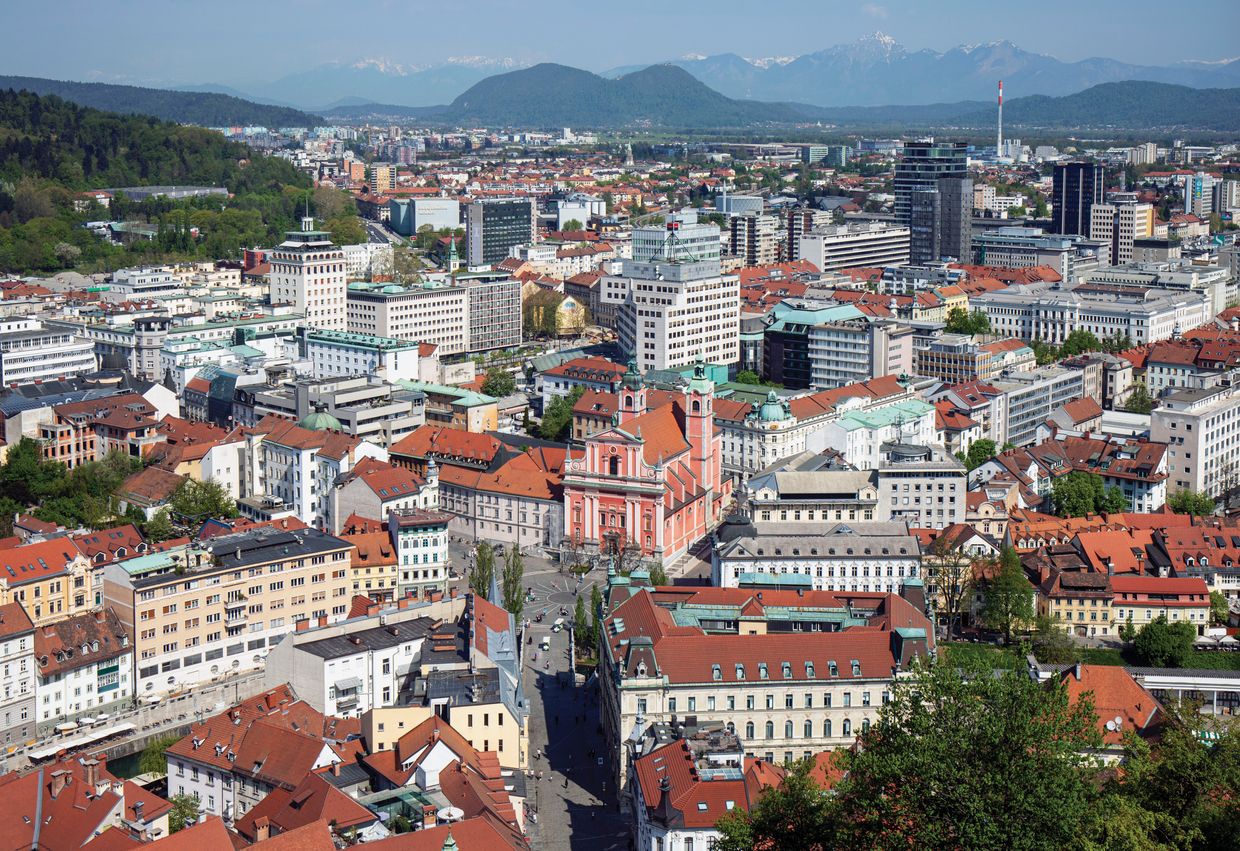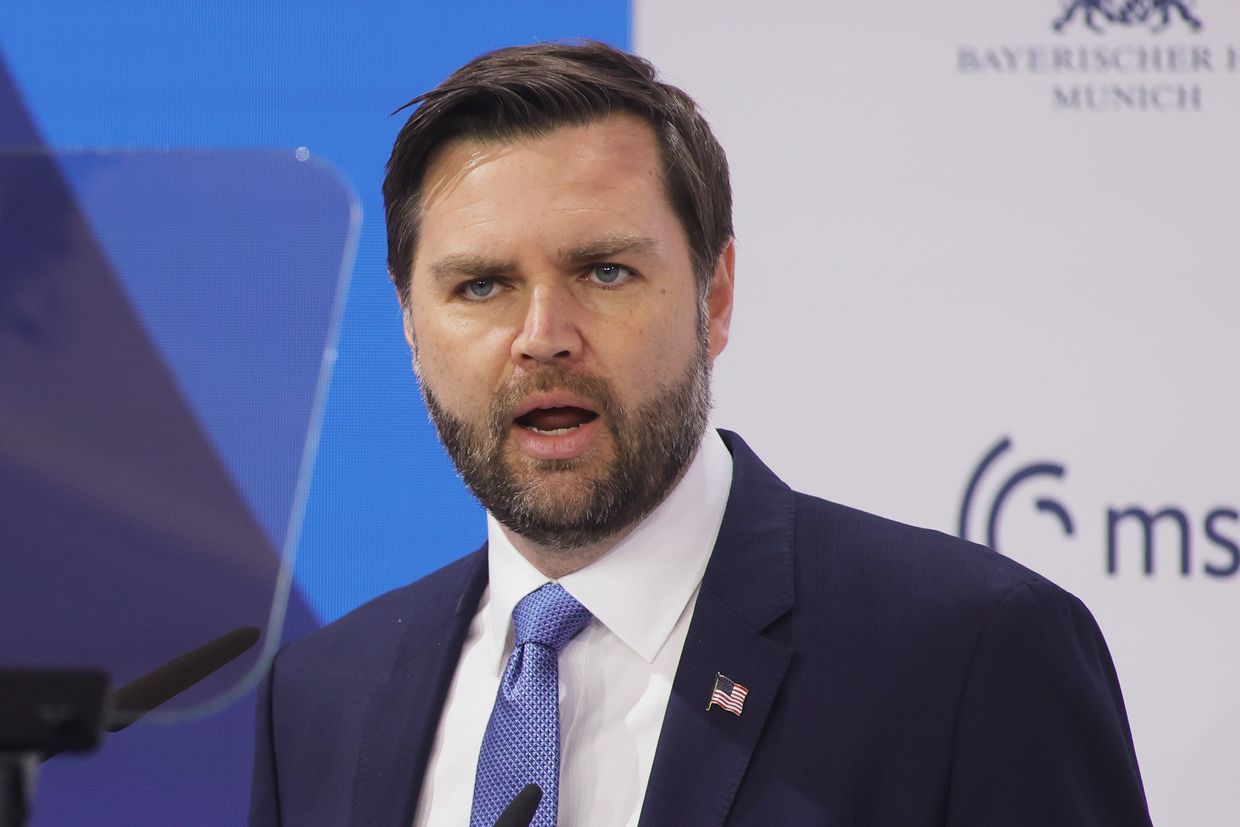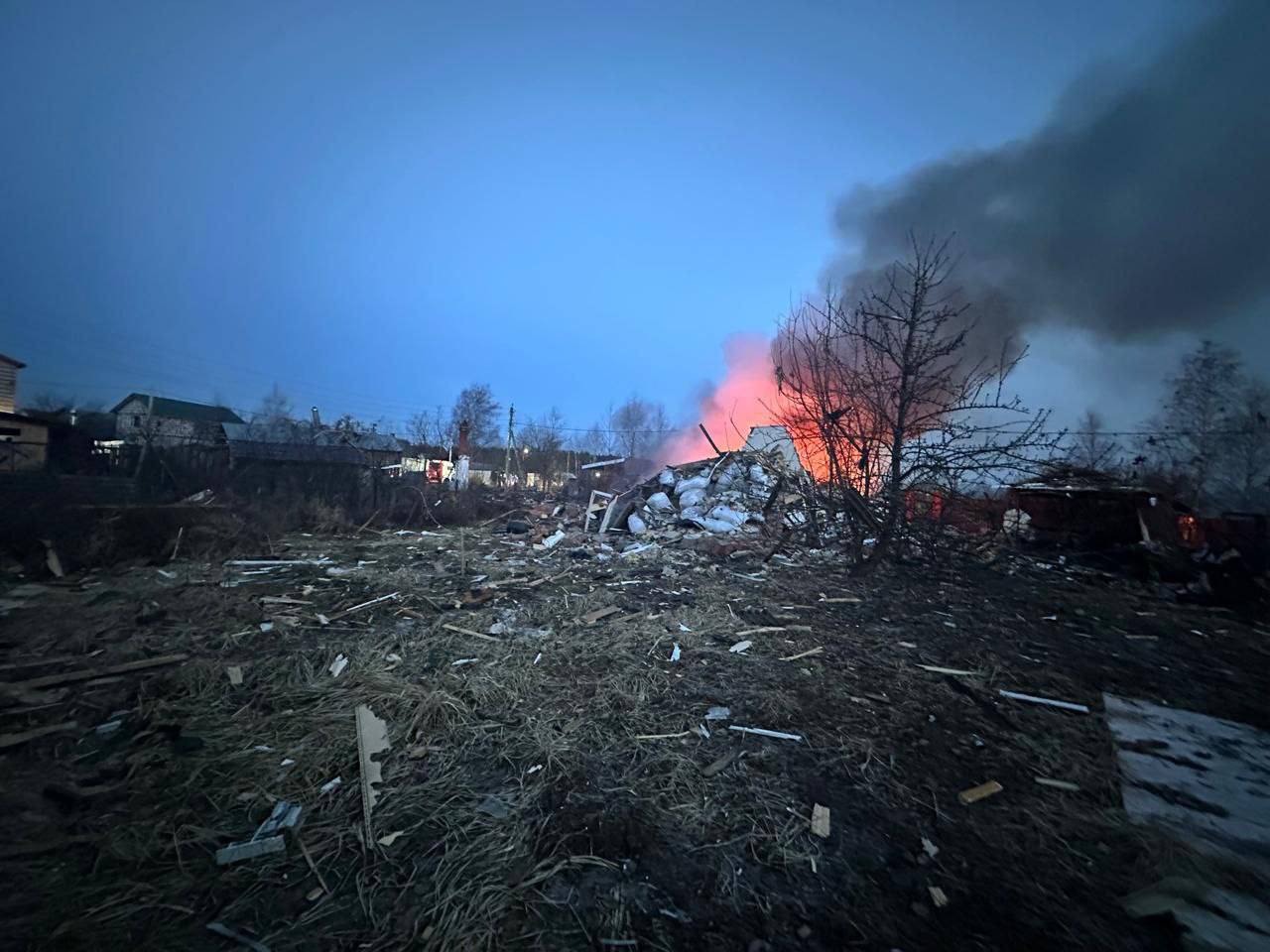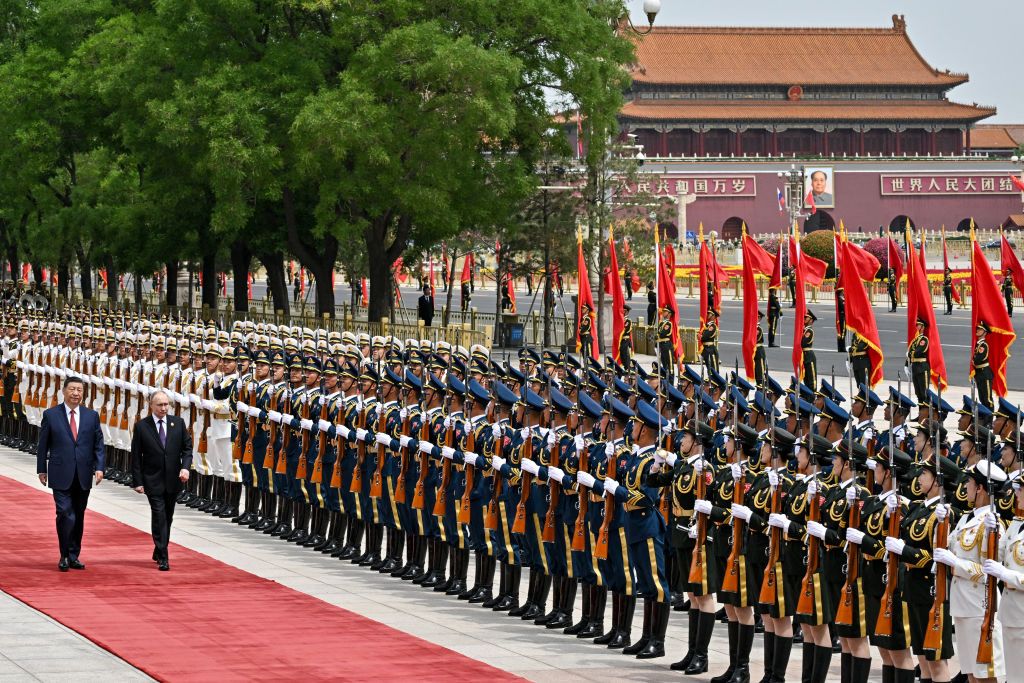Slovenia started to receive natural gas from Azerbaijan on Aug. 1, as European countries diversify away from Russian supplies of fossil fuels.
Slovenia, a country of 2.1 million bordering Italy, Croatia, Austria, and Hungary, has long relied on Russian gas imports. In 2020, 81% of all natural gas imported into Slovenia came from Russia.
"Slovenia has further diversified the supply routes of natural gas," allowing for the safe supply of gas for the coming winter, Slovenia's Environment Minister Bojan Kumer said.
"The shipments are carried out in accordance with the memorandum of understanding signed between SOCAR and Geoplin, the largest company in the Slovenian natural gas market, on July 17 this year," Azerbaijan's state-controlled fuel company SOCAR said in a statement.
"SOCAR and Geoplin are planning to further develop the long-term energy partnership," SOCAR said.
"Along with Turkey, Georgia, Italy, Greece, Bulgaria, Romania, Hungary, and Serbia, Slovenia becomes the ninth country to which Azerbaijani gas is supplied."
Despite efforts by European countries to reduce dependency on Russia's gas since the full-scale invasion of Ukraine began in February 2022, Russian supplies remain an important part of the EU's imports.
European Commission President Ursula von der Leyen signed a deal with Azerbaijani President Ilham Aliyev in Baku in July 2022 to bring imports of Azeri natural gas to "at least" 20 billion cubic meters annually by 2027.
Aliyev said in July that Kyiv and Brussels had approached Baku to discuss supplying natural gas to Europe via Ukraine once an existing contract with Russia expires at the end of 2024.
Russia cut much of its pipeline gas transit to Europe in 2022, but countries like Austria, Hungary, and Slovakia remain heavily reliant on Russian imports.
Those countries could be in "serious trouble" if Russian gas transit to them through Ukraine stops, Aliyev said.
